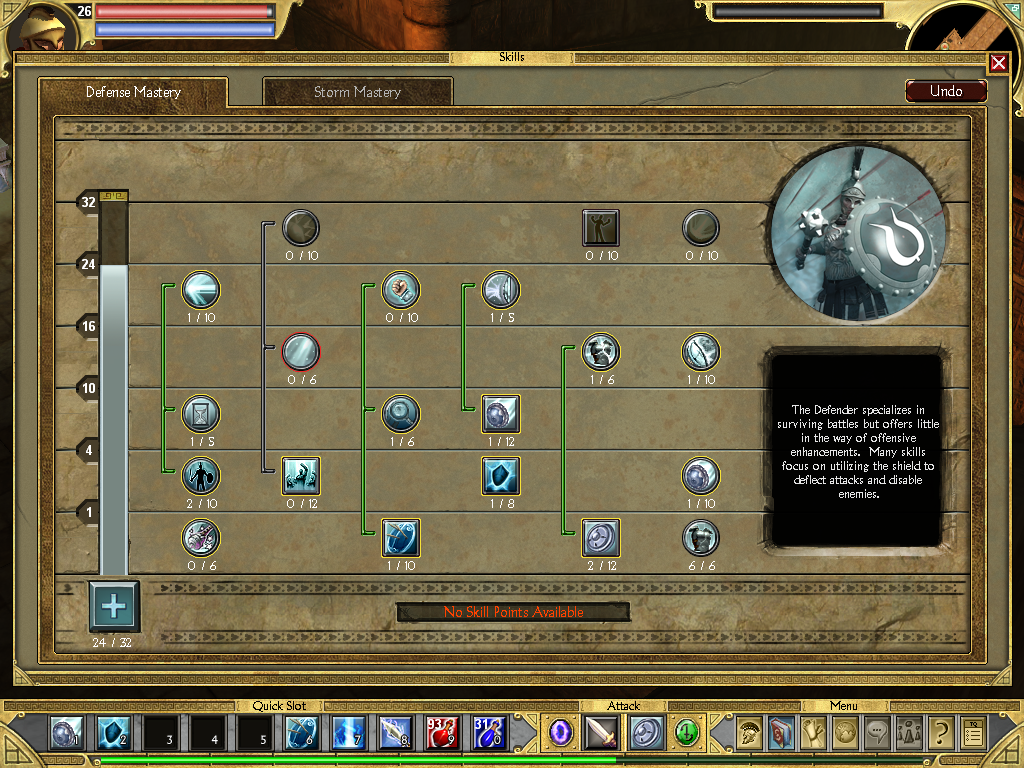

What’s really unique is that you can combine masteries with one another and come up with some pretty cool characters.

You do this by choosing between distinct Masteries, Titan Quest’s version of classes, such as the Storm Mastery for magic wielders, or the Warfare Mastery for those who favor more up-close and personal combat.

Just as with Grim Dawn, Titan Quest uses the same Diablo II game mechanics, but adds in a much greater build variety, offering more diverse character customizations to suit different playstyles. Well folks, Titan Quest Anniversary Edition just came out, and it’s about as close to that as we’re going to get. I figured that if they released a newer, remastered version, I’d check it out. Playing Grim Dawn in turn made me much more curious about Titan Quest, its progenitor, but I still put that off since it was such an old game. The latter game borrowed liberally from Titan Quest’s game play elements, or at least that’s what I’d heard. More recently, the ARPG market has upped its quality levels considerably, with stellar titles such as Path of Exile and Grim Dawn coming to mind. I merely dismissed Titan Quest out of hand as being yet another cheap wannabe- Diablo II title, and was trying too hard to be yet another clone of that classic game. We’re talking tons of knockoffs here, and the vast majority (if not all) were totally whack. This was because Diablo II had been release way back 2000, and spawned droves of imitators. Years later, when the original Titan Quest (2007) was released, my interest in ARPGs had dwindled. Rinse and repeat, until the morning rays of the sun start to peek through your windows, and you now have an idea of what sort of time sink I’m referring to. Or, you need (not want) to conquer that dangerous dungeon and kill off its main baddie, then you can finally rest.īut after accomplishing that objective, you feel compelled to tackle one last task-then you can finally rest. You always feel like your character just needs to make it to that next level to unlock that special talent or spell. I have a strong feeling that it has something to do with their fast pace, almost constant action, and addictive loot systems. There is something about ARPGs that can suck you in very quickly. That is until I actually sat down and tried it. I’d reckoned it was a cheap knock off of proper RPGs-you know, good for the kiddos but beyond that… yawn. I used to turn my nose up at Diablo II when I had first heard about it. On the flip side of the coin, you had the ARPG AKA action role-playing game market emerge, which was perhaps best typified by Diablo II. And we all know how epic those classic BioWare titles were, with such luminary entries as Baldur’s Gate I & II and Tales of the Sword Coast. There were some developers that went to great lengths to emulate the tabletop fantasy RPGs such as many of the original Advanced Dungeons & Dragons titles by SSI (who can forget Pool of Radiance?). In fact, I still am, as nothing can quite compare to their organic feel as you play through a campaign, whether it be set in a post-apocalyptic, western, science fiction, or fantasy settings, with the latter being my favorite. Ever since my early days I’ve been a fan of pen and paper RPGs.


 0 kommentar(er)
0 kommentar(er)
